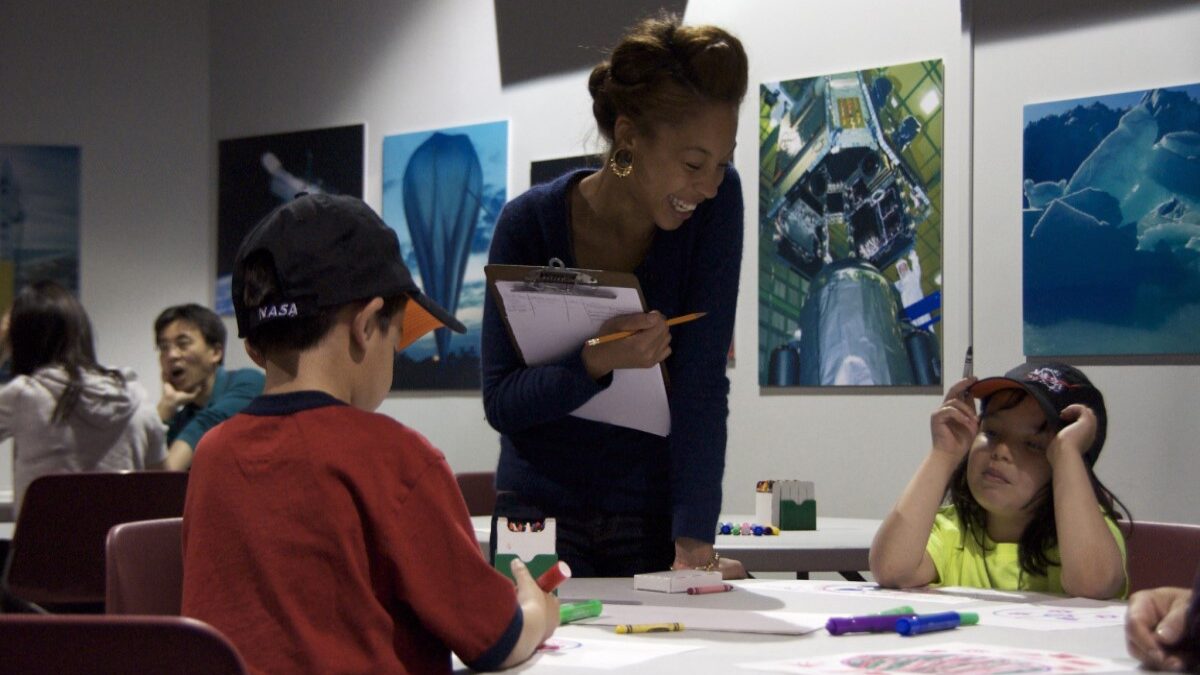
Multi-generational living isn’t exactly new. It was once the norm, except more for older adults moving in with their kids than young adults moving back home. Then we got affluent, and it waned for a number of decades. Now, more 25- to 34-year-olds than ever are moving back home after college thanks to the Locust Generation’s Baby Boomers’ exceptional ability to hoover up crops and other resources. But is this a good idea?
Bre Payton argued it totally is, writing, “Several of my friends have decided to stay home with their parents after graduating from college, and use the opportunity to focus on repaying their student loans. Sometimes I envy them. They get to hang out with their families every day and don’t have to worry if they’re blowing rent money when purchasing a new purse or shoes.”
Philip Wegmann vehemently disagreed and proclaimed that idea crazy: “There might be more room for activities at your parent’s house but there’s little room for personal growth. And if being determines consciousness, then you’ll bring your future down with you when you move back into the basement. It’s time to grow up. It’s time to move out.”
Being the supportive type, I took to Twitter to encourage them both.
Millennial fight! @Bre_payton vs. @PhilipWegmann on living at home after college
Bre: http://t.co/iWRpJ4s94a
Phil: http://t.co/k4xKAuM0pn
— Rich Cromwell (@rcromwell4) August 3, 2015
Of course, this prompted the question of who won the debate. Being a man and an avowed sexist, I had to go with Phil on getting your own place over moving back in with the folks. Alas, that answer was incomplete, as Bre’s arguments were also strong, particularly as they focused on eliminating debt and being responsible.
Everyone Is Awesome
But this doesn’t really get to the heart of the matter, which doesn’t really have anything to do with where one lives after college and has everything to do with the entire history of mankind.
They are both correct, albeit for entirely different reasons. (Don’t worry. I’m not about to start passing out participation trophies, so no need to bring out the pitchforks and torches just yet.) The reason is complementarity, a wholly retrograde view that suggests men and women are different and those differences lead to “productive, creative, and ever-advancing societies, driven by dreams of perfection yet to come (and never to be fully realized).”
That is why Payton’s argument makes more sense for young women, while Wegmann’s makes more sense for young men, even if Philip is in danger of burning down his apartment while attempting to cook Minute Rice and Bre isn’t following her own advice.
Now for the Guatemalan Insanity Pepper
To get to why this makes sense, we have to go back, way back, into the jungle primeval and the clutches of the Merciless Pepper of Quetzalacatenango. There we can find our spirit animals and remember what makes men men and women women, at least in general.
It all started with the hunter/gatherer societies about 11,000 years ago. Granted, that’s more than 50 times older than the Constitution, which is, like, really old. Like the Constitution, it’s still relevant. Back in those days, when the men were out hunting and the women were gathering, they had decidedly different success rates. You can probably guess which group was more successful. Not that the men weren’t honing their tool- and weapon-making skills, but fruits, vegetables, and seeds don’t put up much of a fight.
What does this have to do with living at home after college? Well, all those people lived together in one big, happy family. They also died when they were around 30, so maybe it wasn’t an ideal approach. But they wouldn’t have made it even to 30 were it not for the gathering. Where did that gathering occur? Close to the hut or lean-to or tree they slept under. Where did the hunting occur? Out in the world, with much risk, in places that might become the next location for the hut or lean-to.
In other words, Bre’s Paleolithic female forebears were making sure there were ample supplies, that everything was organized, and that life could continue. Phil’s Paleolithic male forebears, on the other hand, were out there getting rich, fat from dangerous animals, or dying while trying. This arrangement worked out pretty well. People reproduced, learned to domesticate animals for the rich fat, increased life expectancy, invented college, and thus allowed us to arrive at our present situation.
Standing Athwart History Proclaiming, ‘Boys And Girls Are Different!’
In other words, we’re once again standing athwart history proclaiming that boys and girls are different. Boys are stupid, adventurous, prone to injury. Girls are prudent, resourceful, prone to nurturing. That doesn’t mean girls can’t be adventurous—some of them do take off to DC to work for a wild-man who spends every Thursday climbing trees while hoisting a Gadsden Flag, after all—or that boys can’t be prudent and save money by eating rice and beans.
What it does mean, though, is that those traits that have served us pretty well since the time of huts tend to lurk deep in the recesses of our lizard brains. Even if we don’t recognize why, we recognize those differing traits complement one another and attract members of the opposite sex. That’s why Bre and Philip were both right (although we’re still not handing out any participation trophies).
For the continuation of the species, the Philips of the world have to be out there getting stupid and threatening to burn the place down. There may be a Bre next door, maybe even back living with mom and dad, but she’ll be waiting to offer a helping hand instead of encouraging him to burn the place down. Life and society may change, but every man remains a potential arsonist, every woman a potential firefighter.
It’s a glorious reminder of the yin and the yang, the duality that keeps life moving and the robots away. As G.K. Chesterton observed, “Women are the only realists; their whole object in life is to pit their realism against the extravagant, excessive, and occasionally drunken idealism of men.” Without the realism, there is no food or comfort for a child to return home to; without the extravagant, excessive, and occasionally drunken idealism, there is no drive to build one’s own.









